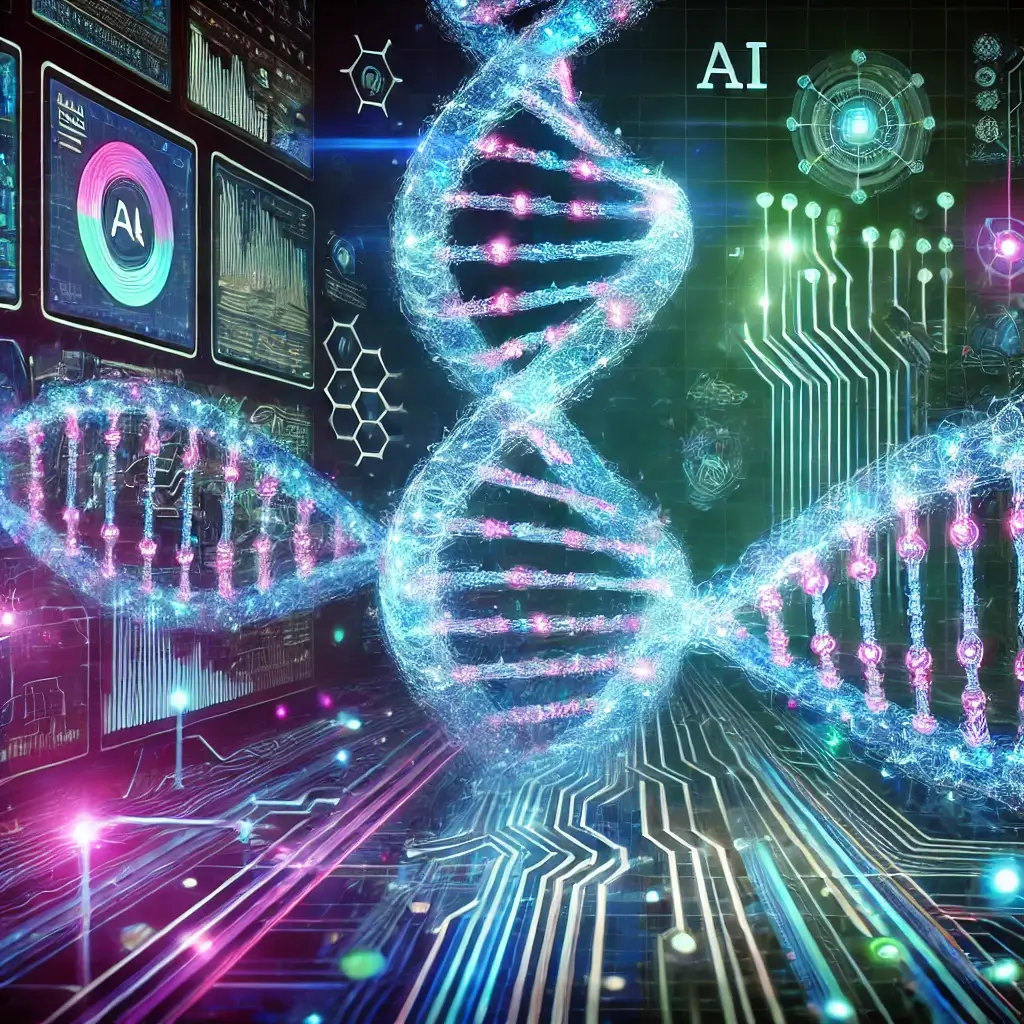The relentless growth of data in the digital age has spurred the exploration of unconventional storage solutions. Among these, DNA data storage has emerged as a promising alternative, boasting unparalleled density, durability, and sustainability. However, the practical implementation of DNA storage has been hindered by slow and error-prone data retrieval processes. Recent breakthroughs in artificial intelligence (AI) are poised to revolutionize this field, significantly accelerating data retrieval and enhancing accuracy, paving the way for wider adoption of DNA-based storage solutions.
DNA as a Storage Medium: Advantages and Challenges
DNA, the molecule of life, offers several compelling advantages as a data storage medium. Its most notable feature is its exceptional storage density. A single gram of DNA can theoretically store up to 455 exabytes of data, dwarfing the capacity of traditional storage devices. To illustrate, all of Facebook's data could be stored in half a poppy seed using DNA, and all the world's data could fit in a coffee mug.
Beyond density, DNA also exhibits remarkable longevity. Unlike magnetic disks and other storage media that degrade within years or decades, DNA can last for centuries, even millennia, under proper conditions. This makes it ideal for archival storage, preserving valuable information for future generations. For example, scientists have extracted intact DNA from a 700,000-year-old horse bone and even recovered DNA from mammoths that lived over a million years ago.
DNA storage also promises significant energy efficiency. Traditional data centers consume vast amounts of electricity, accounting for approximately 3% of global electricity consumption and 2% of total carbon emissions. DNA storage, on the other hand, requires minimal energy for maintenance, contributing to a more sustainable data storage ecosystem.
Despite these advantages, DNA data storage faces considerable challenges, particularly in data retrieval. The process of reading data stored in DNA involves sequencing the DNA molecules, which is inherently slow and prone to errors. DNA sequences can suffer from insertion, deletion, and substitution errors, and the process often yields unordered and corrupted data copies. These limitations have historically made DNA data retrieval a cumbersome and time-consuming process, hindering its widespread adoption. The cost of DNA synthesis and sequencing has also been a barrier, although recent advances are bringing costs down.
AI to the Rescue: Accelerating Data Retrieval
Recent advancements in AI are transforming DNA data retrieval, addressing the challenges of speed and accuracy. Researchers have developed AI-powered systems that can significantly accelerate the decoding of DNA-stored data, reducing retrieval times from days to minutes.
One notable innovation is DNAformer, an AI tool developed by researchers at Technion – Israel Institute of Technology. DNAformer leverages transformer neural networks, a type of AI architecture adept at recognizing patterns in vast amounts of data, to reconstruct accurate DNA sequences from erroneous copies. This system incorporates tailored correction codes and a safety layer to detect highly noisy sequences, cleaning up errors before translating the sequences back into digital form.
DNAformer achieves data retrieval speeds approximately 3,200 times faster than previous methods without sacrificing accuracy. In tests involving a 3.1-megabyte dataset, DNAformer processed a color photograph, an audio clip of Neil Armstrong's moon landing speech, written text about DNA storage, and randomized data in just ten minutes. This represents a quantum leap in performance, bringing DNA data retrieval closer to practical application. The new method enables the reading of 100 megabytes of data at a speed 3,200 times faster than the most accurate existing method – without any loss of accuracy. Compared to previously known fast methods, DNAformer also improves accuracy by up to 40% while significantly reducing processing time.
Beyond speed, AI is also enhancing the accuracy of DNA data retrieval. AI algorithms can identify and correct sequencing mistakes, ensuring that the digital data is accurately reconstructed. Machine learning models continuously improve, adapting to different DNA synthesis and sequencing techniques to further enhance performance.
Future Directions and Implications
The integration of AI into DNA data storage is still in its early stages, but the potential is immense. As AI algorithms become more sophisticated and DNA sequencing technologies advance, we can expect even faster and more accurate data retrieval in the future.
The implications of AI-powered DNA data storage are far-reaching. This technology could revolutionize archival storage, providing a means to preserve vast amounts of data for centuries. It could also enable new applications in various fields, including healthcare, scientific research, and data security. DNA storage offers increased security, as it is very difficult to hack or tamper with.
While challenges remain, the recent advancements in AI are propelling DNA data storage closer to mainstream adoption. As the cost of DNA synthesis and sequencing continues to decline and AI algorithms become more refined, DNA storage is poised to play a significant role in addressing the growing data storage demands of the digital age. The researchers plan to develop customized versions of DNAformer tailored to different needs and emphasize that their technology is scalable and adaptable, meaning it can be optimized for large-scale data storage applications, meeting market demands and future DNA synthesis and sequencing advancements.

















